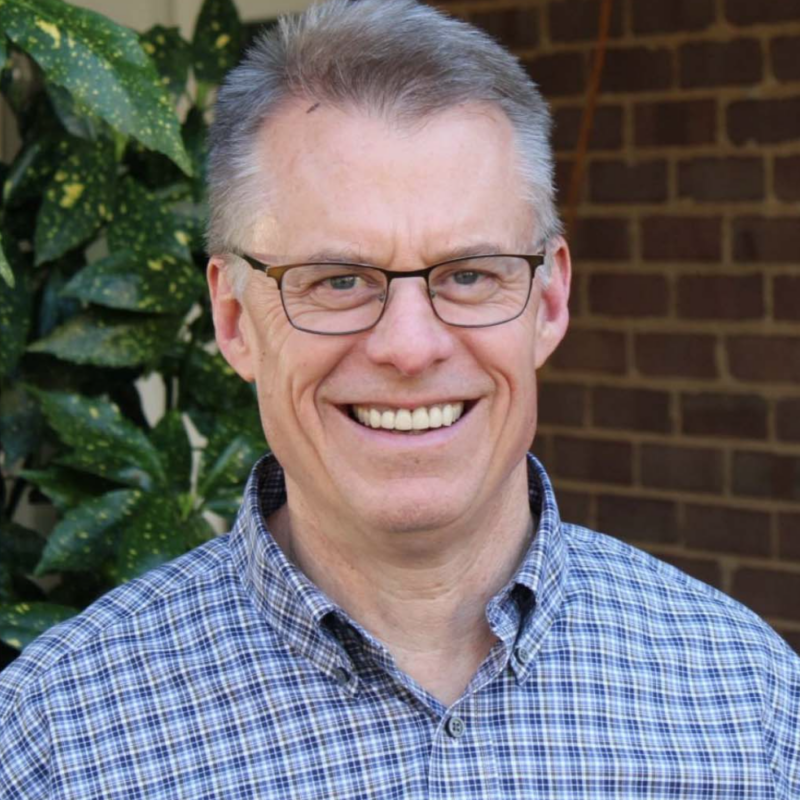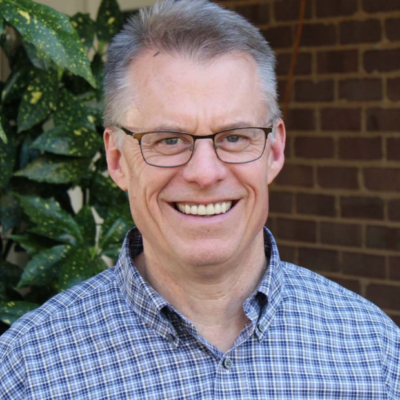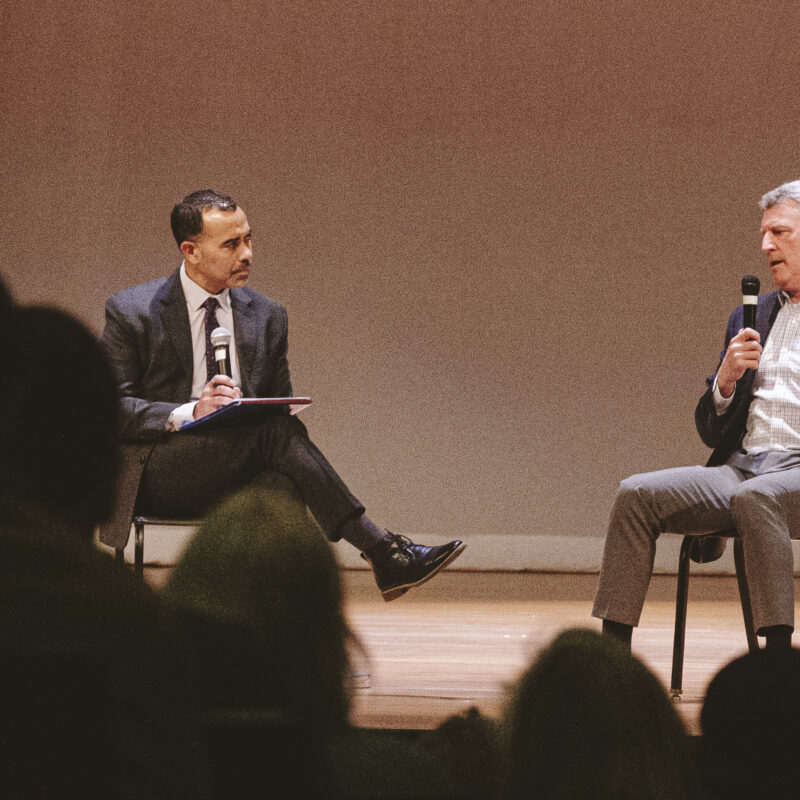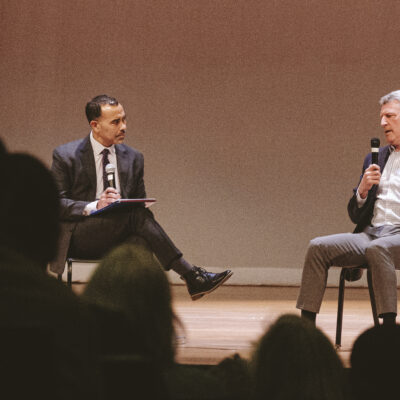Sylvan and Sheria Kassondwa’s 860-square foot, three-bedroom apartment would be fine, they say, if they had one or two kids.
As it happens, they have five.
“In my country, time is not money like here, you can spend more time with your family,” says Sylvan, who is originally from the Democratic Republic of Congo. “And then here you find that you spend more time with work. So when you have more kids, you find that you have a big problem here.”
He laughs—what can one do? On a rainy afternoon in early March, his children, ranging in age from 1 to 12, pop in and out of the tiny living room to greet their guest, then disappear upstairs. They are charming and well-behaved, but their parents lament how cramped they are at home.
“The kids, they don’t have space,” Sheria says. “They have nowhere to keep their shoes, it’s a mess.” She indicates an overflowing shoe rack on the stair landing and waves her hands dismissively. “This does not really look like a place where you can breathe, feel fresh air.”
When the Kassondwas moved to this apartment in Fifeville, in November of 2017, they’d hoped it would be a step up.
Sylvan and Sheria had fled their home in the Congo more than a decade earlier, seeking refuge from the war and violence there. They landed in Uganda and applied for refugee status in the United States. It took 12 years.
“We were struggling to live,” says Sheria. “But we had this hope, that one day we would be fine.”
They were thrilled to finally get to the United States, and the family (by then, the Kassondwas had four kids) came to Charlottesville in September of 2016. The International Rescue Committee helped them settle into an apartment off Hydraulic Road, and paid their rent for the first three months while they found work.
“Then, thank God, we met International Neighbors,” says Sheria.
Founded by local educator Kari Miller, International Neighbors helps support refugee families once the IRC is no longer involved in their cases. The organization connects new arrivals to local “family friends” and helps them navigate the complexities of American life, from school forms to local events.
“She helped us a lot,” Sheria says, “but she can only do so much.” The two-bedroom apartment was a tight fit for their family of six, with another baby on the way. So the couple took it upon themselves to try to find a bigger place, searching apartment listings online.
With their limited budget (Sylvan was working as a tailor, while Sheria cleaned houses and took classes to improve her English), there were few affordable options.
Eventually, they found a three-bedroom for $830 a month, only $100 a month more than their two-bedroom, in a complex aimed at low-income renters called Greenstone on 5th.
“It’s cheap for the area, that’s why we are here,” Sylvan says.
They applied online, but after moving in, they realized how small each of the rooms was (the bedrooms fit little more than a bed and a dresser, with only a foot or two of space in between), and that there was no washing machine in the apartment.
Doing laundry in the complex costs $3.75 per load, Sheria says, and, “I have this many kids. It’s going to be five loads.”
As the children get older, having only one bathroom for all seven of them is also a problem, but apartments with two bathrooms and washing machines cost $1,200 a month, Sylvan says—out of reach for now.
The apartment has a roach problem, and maintenance is slow to respond to calls, Sylvan adds. But his number-one concern is the neighbors. He says people are often hanging around the complex smoking marijuana.
“This day, it’s good,” Sylvan says with a smile, indicating the gloomy weather outside the window.
“Cause it’s cold outside, everybody’s doing it in the house,” his wife explains. In summer, they say, it’s terrible.
“It’s not a good environment for my kids,” Sheria says. “But we don’t have a choice for now.”
She’d prefer to rent a duplex, but she doesn’t think it’s possible. “In Charlottesville, it’s very expensive,” she says. “We’d never afford that.”
“Every family here is squeezed,” Sylvan adds.
After taking English classes, Sheria trained to become a certified nursing assistant, and now works full-time at UVA. Sylvan hopes that, before his children become teenagers, they’ll be able to afford another place.
“I’m trying to plan, but I don’t know if I can afford to move,” he says. “Maybe next year, or two years.” He’s thinking about getting a second job. “But also, when you have a second job, you have little time with your kids,” he notes.
Still, the couple does not want to complain too much—their home is an improvement over what they left behind in Africa, and Sylvan takes a philosophical view. “If you can’t afford the house that is fitting your family, you need to [be] content with the one you have,” he says.
His wife, who would also prefer a roomier kitchen, interjects: “But you are not happy about it.”






